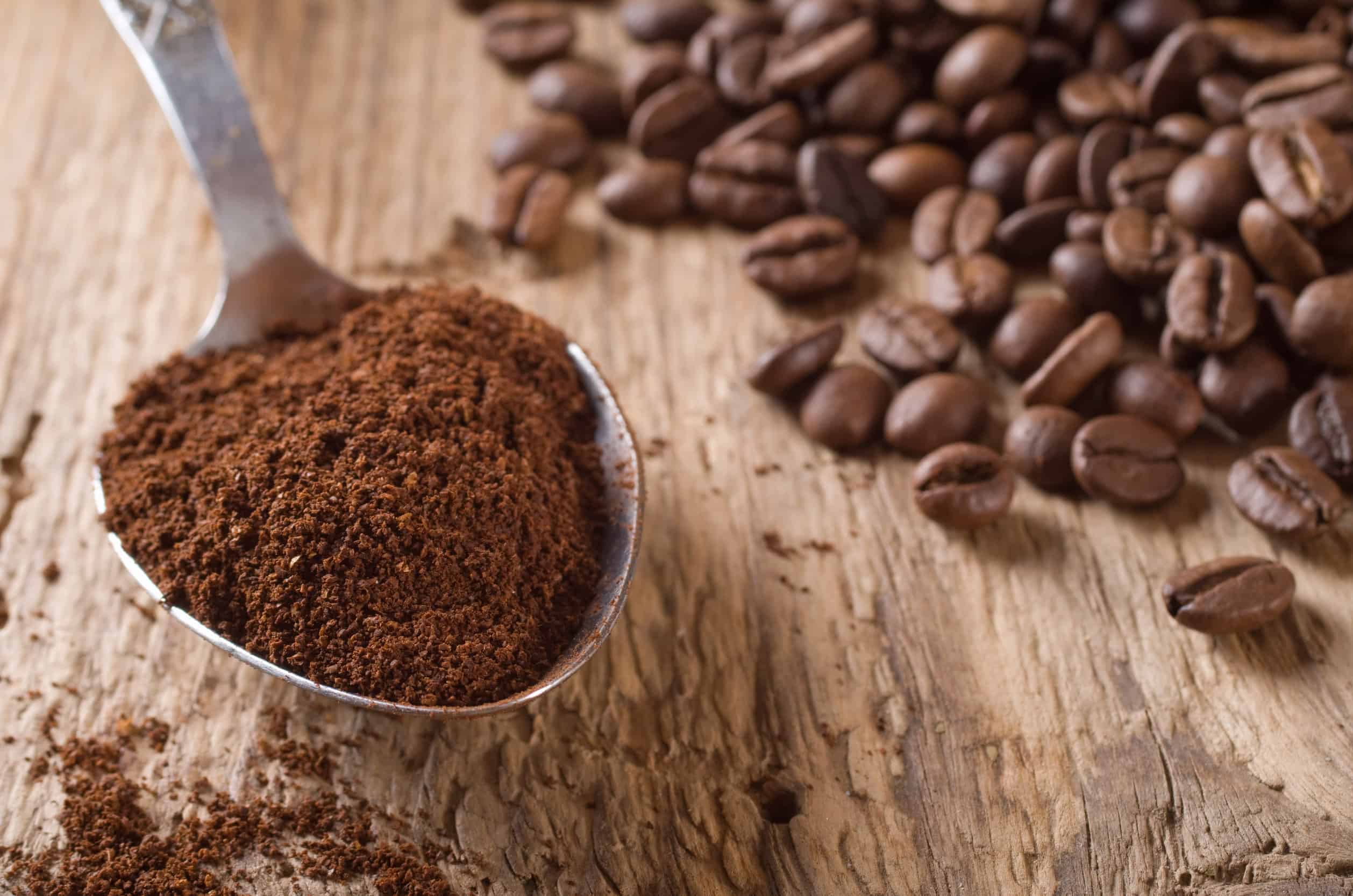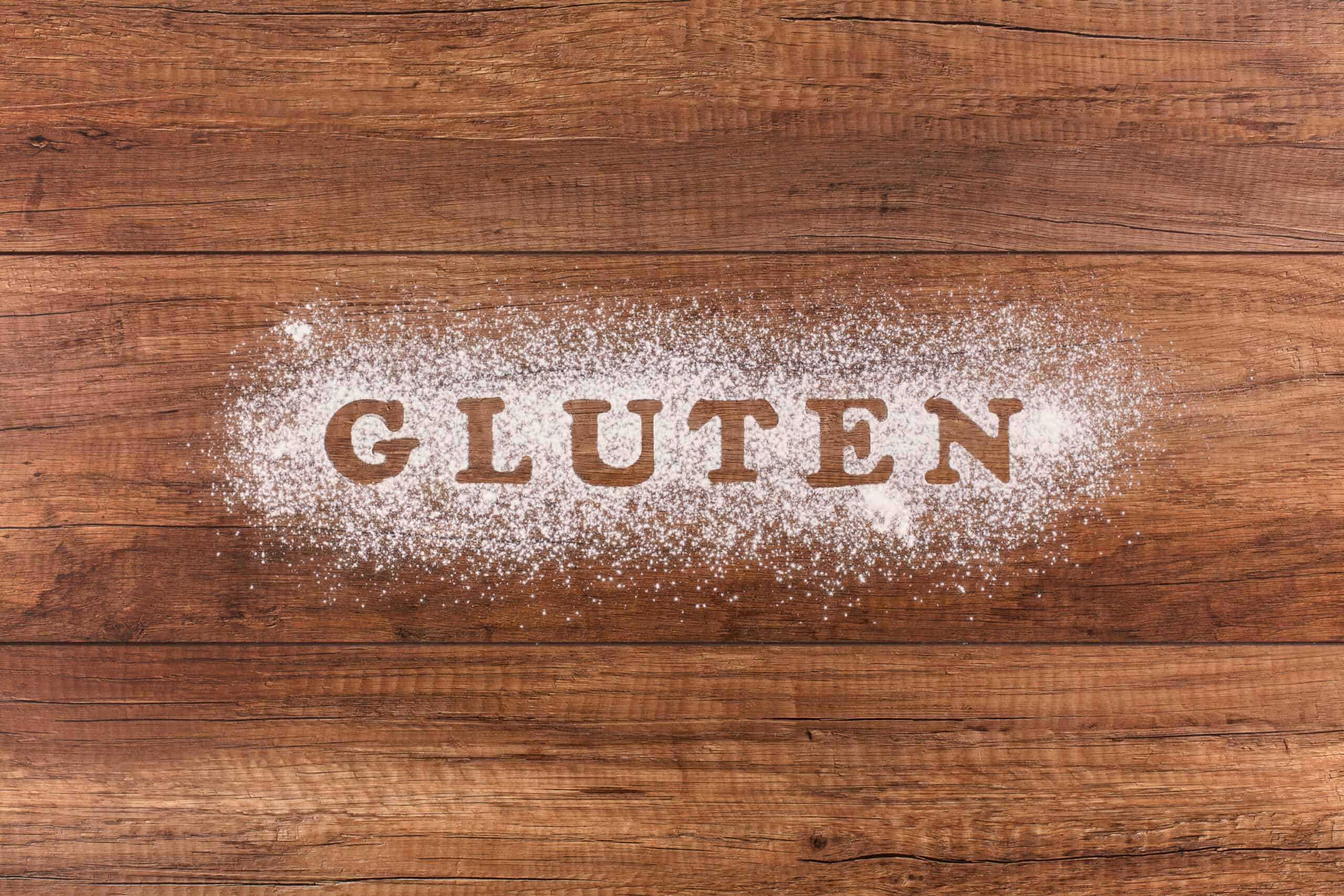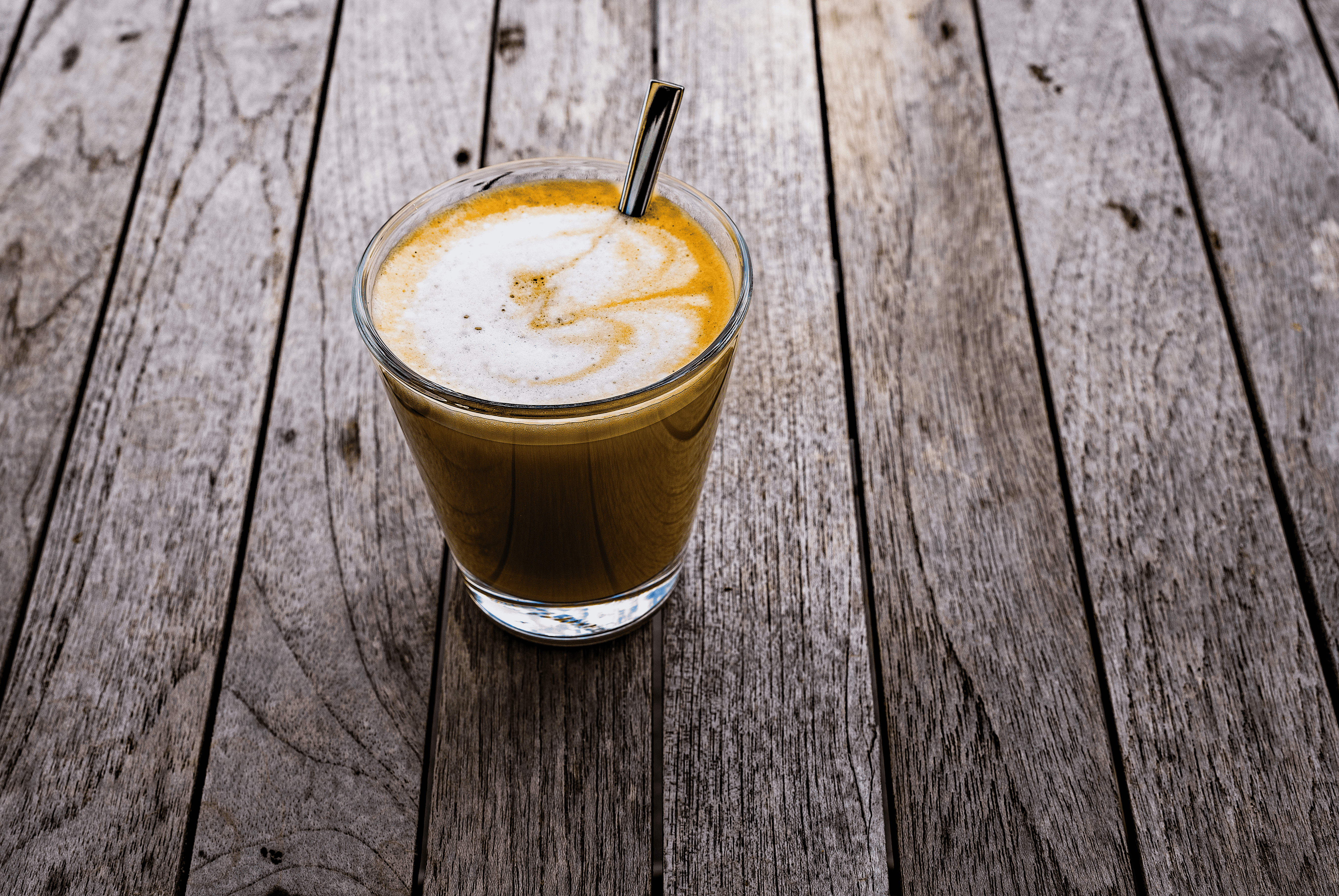Many people believe that garbage disposal can be used as a trash can, but this isn’tisn’t entirely true. Many substances and objects cannot be disposed of in this way. Doing so can lead to various problems with plumbing and drainage. But, can you put coffee grounds down a garbage disposal?
Do not put coffee grounds down a garbage disposal. Unlike many substances that dissolve and break down in the water, coffee grounds are primarily insoluble and will clump together to form a sticky residue. This buildup can lead to clogged pipes and issues with drainage.
Although putting coffee grounds down the garbage disposal has become popular for eliminating odors and cleaning your garbage disposal blades, it is not the best approach.
You may be unsure of how to dispose of coffee grounds or are trying out ways to keep your drainage smelling fresh. Either way, we’ve gathered everything you need to know about coffee grounds and their effects on drainage systems.
Can you Put Coffee Grounds down the Garbage Disposal?
Always avoid putting coffee grounds down the garbage disposal; it’s unsuitable for your drainage systems and pipes. Many people put coffee grounds down the garbage disposal, believing it will help absorb and neutralize odors from within the drain.
This is true, but the downfalls greatly outweigh the potential benefits. Coffee grounds can be deceiving, as they may appear to go down easily and not damage the garbage disposal itself.
Garbage disposals are not tailored to deal with coffee grounds. They are far too fine for the mechanisms to process and may even jam the mechanisms in some cases. But, numerous problems can arise once the coffee grounds are inside the pipes and drainage systems, leading to various blockage issues.
While most substances and particles dissolve or break down in the garbage disposal, coffee grounds do not. Instead, they clump together once they come into contact with water.
Coffee grounds are around 70% insoluble organic matter. Once they begin to clump, it creates a sticky, sludgy, and pasty residue inside the pipes. This will end up blocking the water flow needed for proper drainage.
Does Coffee Grounds Clog Plumbing?
If you have put coffee grounds down the garbage disposal, intentionally or accidentally, and notice slow drainage or water buildup, the grounds may have clogged the pipes. Drain clogs need to be addressed. In some cases, professional assistance may be necessary to resolve the issue. Coffee grounds can become resilient once formed into a messy sediment-like substance.
But you can try some DIY methods at home to help clear some blockages. Identify the area where the blockage is located, and try these approaches before investing in a powerful drain cleaner or calling your plumber to aid you in your mission.
How to you Get Coffee Grounds Out of Pipes?
Manual Unclogging
Your first attempt should be through the simplest and most traditional tactic – using a plunger. Plungers may not entirely solve the issue, but they will help ease the pressure. Use a plumber’s snake or gently insert a long wire object like a coat hanger into the drain pipe. This may physically remove the blockage.
Vinegar and Baking Soda to Dissolve Coffee Grounds
Even if you clear most of the blockage, there will probably be leftover residue within the drain. Pour one cup of baking soda into the drain and one cup of plain white vinegar. The reaction between the two substances will involve foaming a bubbling to help release any remaining coffee grounds. Leave the substance to perform this chemical process for approximately one hour.
Always follow up by pouring boiling water down the drain. Hot water can help release any remaining coffee grounds and clear leftover vinegar and baking soda. Check to see if the blockage is completely gone, and repeat the process if needed.
How do you Dispose of Coffee Grounds?
Coffee grounds pose various benefits for other usages. There are plenty of ways to safely dispose of coffee grounds, while repurposing them for the benefit of yourself or your household. Otherwise, you may toss it in the trashcan for safe disposal.
Wet Coffee Grounds can be used as Fertilizer and Garden Food
If you love plants as much as you love coffee, you’ll be pleased to know that your greenery will happily accept the waste. Whether you have a lush garden flourishing with plant life or only have a few houseplants here and there, you can easily dispose of coffee grounds in a way that benefits the nature around you.
Coffee grounds are an excellent option for DIY fertilizer and plant food, even if you don’t have full compost bins. Plants can benefit from being fed used coffee grounds. They can add notable nutrition to soil and ground spreads and also assist in deterring pests such as slugs, snails, insects, and ants.
Click the link to learn how to add coffee grounds to your composting bin.
Wet Coffee Grounds and Skincare
A cup of fresh coffee may be a part of your morning routine, and you can use the waste to treat yourself at the end of a long day. Coffee grounds are popular for skincare methods and can be used as a physical exfoliator. Mixing the coffee grounds with coconut oil can make a great natural scrub that eliminates dead skin cells for a rejuvenating and relaxing at-home facial.
Wet Coffee Grounds and Haircare
If you often style your hair with products and heat, adding coffee grounds to your hair care regimen may be advantageous. Used coffee grounds can occasionally be massaged through the hair and scalp before being rinsed to remove product and oil buildup. Store used coffee grounds in a container for this purpose.
Odor absorption
One of the main reasons people put coffee grounds down the garbage disposal is to eliminate odors. While it is not advised for garbage disposals and pipes, you can still use coffee grounds for the same purpose in other areas of your home.
Coffee grounds effectively absorb and neutralize odors, regardless of the smell’ssmell’s pungency or where it is located. As long as the coffee grounds are placed in an open container, they will do well. You can put coffee grounds just about anywhere you feel it’s necessary, but popular options include refrigerators and bathrooms.
While coffee grounds can cause numerous drainage and pipe systems problems, they are simple to remove with research and proper steps. Do not put used coffee grounds down the garbage disposal to avoid related risks. Instead, repurpose them to benefit your plants, hair, and skin. You can even use them to keep your home smelling clean and fresh.
What Else Cannot Go Down the Garbage Disposal?
Along with coffee grounds, other kitchen items should never be put down the garbage disposal. Some may be obvious to you, while others are likely surprising.
- grease or cooking oil
- larger bones
- pasta
- rice
- corn husks
- banana peels
- celery
- Asparagus
- rhubarb
- potato peels
- avocado pits
- harsh chemicals, including drain cleaner and bleach
What Can be Put Down the Garbage Disposal?
You may be reading through the list above and wondering what is safe to put down your disposal.
- Soft foods
- vegetable without the peels
- liquid
- Ice
- Citrus fruits
- orange
- lemon
How to Clean your Garbage Disposal Blades?
When using the garbage disposal, run cold water through it while it grinds and 30 seconds after it’s finished grinding. This ensures all the smaller food pieces are washed down the drain.
Even if you are perfect at using your disposal, you’ll still have a buildup of food and bacteria that you’ll want to clean occasionally.
To do so, get the warm water running through the system (boiling if the drain and blades are overly dirty) and squirt some dish soap down the drain. Now, turn on the garbage disposal and let go for a minute or two.
Turn off the water and garbage disposal. Next, pour a mixture of baking soda and white vinegar into the sink drain. Allow the mixture to sit and do its things for approximately five minutes. Once the time is up, turn the hot water on and let it rinse the mixture away.
If this doesn’t eliminate the smell, you may need to call a plumber.
Final Thoughts
Hopefully, now you can avoid clogging up your sink with used coffee grounds. Instead of tossing them in the trash, try other ways to reuse them. Along with the suggestions listed above, we have five others things to do with your coffee grounds.
Related Content
Is Coffee Gluten Free? Best Cup for Your Gut
Coffee, with its invigorating aroma and rich flavor, is a…
How to Make the Perfect Gibraltar Coffee
Gibraltar coffee is a delicious espresso-based drink that originated right…


